Click to read the article in Turkish
Distance education is unsustainable due to network problems in the village of Cankurtaran (Gebola) in Bulanık district of the eastern Muş province.
Some 140 students living in the village have to either "cross the hills" or go outside of the village to attend online classes.
Twenty-five kilometers away from Bulanık, the village with a population of 1,500 has only one primary school. The village has no network at all. Every household in the village has at least one student and due to the lack of tablets, students can't access distance education even if there is a network connection.
CLICK - Four million students in Turkey 'deprived of education' due to pandemic
CLICK - Children have to go up a mountain for online classes: 'We freeze in cold'
Village head Cevdet Taşkın told bianet that "Many applications were made to the sub-governor's office but with no results. Likewise, applications were made to different operator companies but there was no result either."
Students of the village had not been able to attend classes throughout the distance education period and they had to cancel the students' second term exams as well, said Taşkın.
Education has been mostly distant in Turkey since March 2020 as it was among the top four countries that closed schools for the longest time in the last year, according to an OECD report.
The villagers make a living with agriculture and animal husbandry, Taşkın noted, adding that "As they already struggle with financial difficulties, it's hard for them to buy a tablet or a phone. The only thing they can do is to motivate their children and provide them with internet packages. Of course, this is a wasted effort as there is a network problem!"
Winters are more difficult
The network problems become even more challenging for students in the winter. Children are forced to go to high and uninhabited hills where there is an internet connection, albeit rarely.
E.T. (9), a fourth-grade student, was able to rarely attend classes like most of the students in the village. S/he said "I miss the school a lot" and added: "With distance education, I've become too distant from the school. I have no enthusiasm left for studying. At first, I was happy that the schools were closed but I didn't know it was going to be like this."
As five siblings, they use a tablet and a phone in turn, said E.T. "Some days, we found places where there is a network connection. We climb up hills, high places. But as I have siblings, we can't all attend classes."
U.B. (14), an eighth-grader, said, "I could barely attend my classes. I fell behind my friends and with my classes. I try to close the gap with my own means but it's not enough. I'm worried that 'Will I go to high school like this'?"
Connection problems during emergencies
The network connection problem makes life more difficult for adults as well.
Ferhat Sönmez, a local, said, "I've had to go to places far from home to talk to my friends and relatives. The lack of a network also puts people's lives in danger in emergency situations."
Another villager, Mazlum Bayraktaroğlu, said, "As the people of the village, we sometimes receive important news late because of this problem. Our friends outside can't reach us."
"It's too difficult to establish contact with the ambulance when there is an emergency patient. We are having problems with this especially," he added.
Ali Zengin said, "I have two daughters studying. I want them to have a better future. But because of these impossibilities, they have become disenchanted with the school. We don't have a tablet and internet at home." (CA/DŞ)




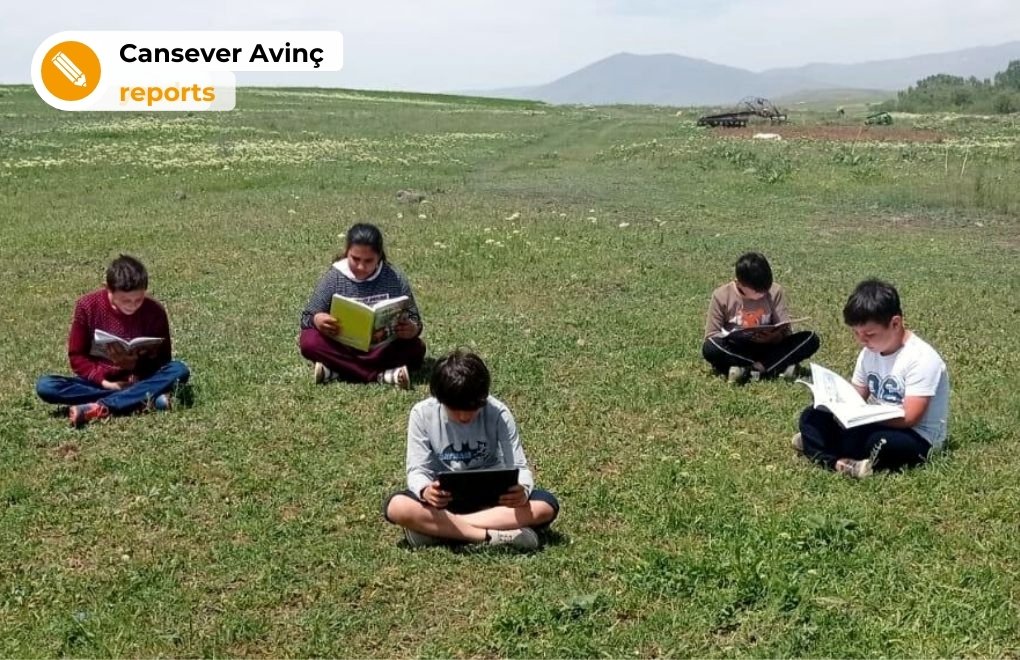
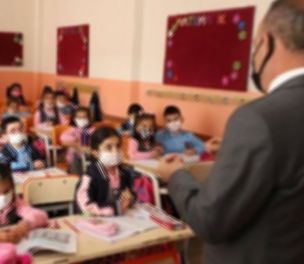

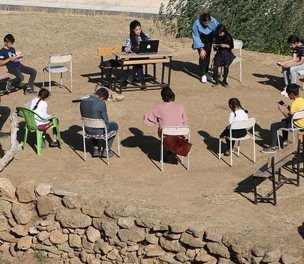
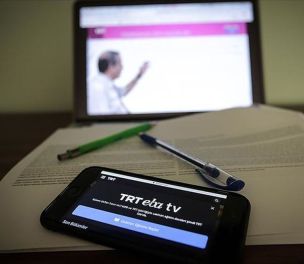

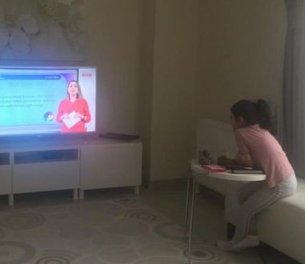

.jpg)